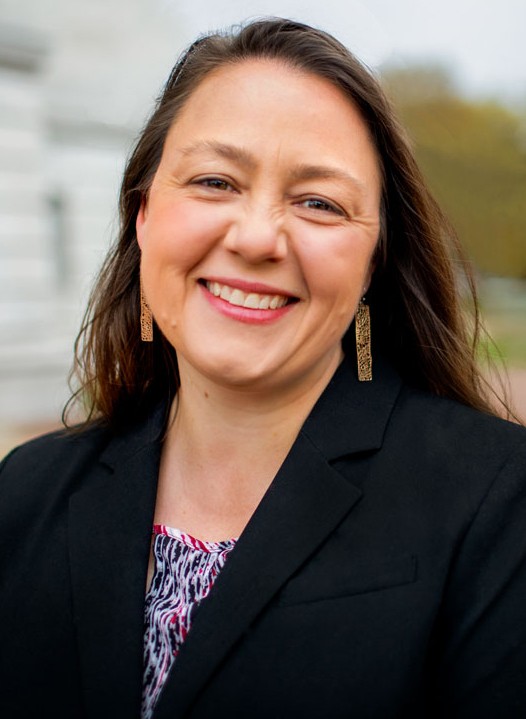Cornell Health names new counseling services director
By Joe Wilensky
Alecia Sundsmo, currently clinical director of mental health services at the University of Wisconsin, Madison, has been named Cornell Health’s new director of Counseling and Psychological Services (CAPS), effective July 1.
As part of the leadership team within Cornell Health, Sundsmo will provide operational oversight for the university’s comprehensive mental health services for students, and clinical supervision for Cornell’s Faculty and Staff Assistance Program in support of employee well-being.
Sharon McMullen, assistant vice president of student and campus life for health and well-being, cited Sundsmo’s tenure at Wisconsin, whose health center serves more than 44,000 students and is a leader in population-level health outcomes. Previously, Sundsmo spent six years as executive director of the wellness center at Dickinson College, a private college in Pennsylvania.
Sundsmo’s demonstrated expertise in college mental health, as well as her “warmth, humility and curiosity,” made her an ideal match for the position, McMullen said, describing her as “perceptive and steady. I feel certain that she will lead CAPS well and that we will be good partners.”
As CAPS director, Sundsmo will work with peers at Cornell Health in medical services, the Skorton Center for Health Initiatives, occupational medicine, and Student Disability Services to implement the university’s integrated mental health model. It’s an approach that emphasizes access, meeting students where they are and collaborative care to supplement traditional services.
Sundsmo said she was drawn to Cornell because of Cornell Health’s “focus on integrated health care, the opportunity to lead an exceptional team at CAPS, and [McMullen’s] commitment to applying a public health lens to the college health arena.”
Sundsmo said she has a passion for “reducing barriers to mental health.”
“Students should all benefit from the advocacy and the efforts of CAPS and Cornell Health to help make the campus a place they can flourish,” she said, “regardless of whether they ever individually need to seek care from us.”
Having worked in health and wellness leadership positions at both a large university and a much smaller college, Sundsmo said she has found strengths and challenges at both.
At Dickinson, the community was hyperresponsive to changes she made, which allowed her team to really “keep a pulse on how we were serving our students and adjust as needed,” she said. At the University of Wisconsin, she needed to think more systematically about how to serve a much larger population of varied identities and backgrounds, and a more complex service delivery model was necessary to meet a wider range of mental health needs.
At both institutions, Sundsmo said, she found high expectations for services overall.
“This is appropriate, as students are often relatively new consumers of health care and learning how to think critically,” she said. “Students are always challenging us to be better, and this is part of what makes the work of college mental health exciting.”
Sundsmo is joining Cornell at an unprecedented time, following a semester dramatically transformed by the COVID-19 pandemic that sent most students home and shifted all instruction online in the middle of the spring semester; the path forward for the fall is still being evaluated by four planning committees.
Acknowledging that this ongoing situation has put tremendous added stress and anxiety on students, faculty and staff, Sundsmo said that her first goal “is to find ways to build connections and trust with my team at CAPS” and throughout Cornell Health.
“We have a talented group who have proven themselves creative, nimble and adept at managing an incredible amount of change, as witnessed over this last year,” she said. “I am impressed by their most recent move to the provision of telehealth services. It is a terrific way to continue supporting students during this time of uncertainty.”
Sundsmo received her B.A. (2002) from The University of the South in Sewanee, Tennessee, and both her M.S. (2004) and her doctorate in clinical psychology (2008) from Pacific University’s School of Professional Psychology in Hillsboro, Oregon.
Media Contact
Get Cornell news delivered right to your inbox.
Subscribe

